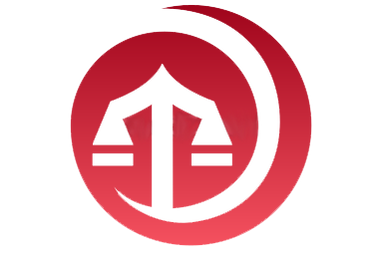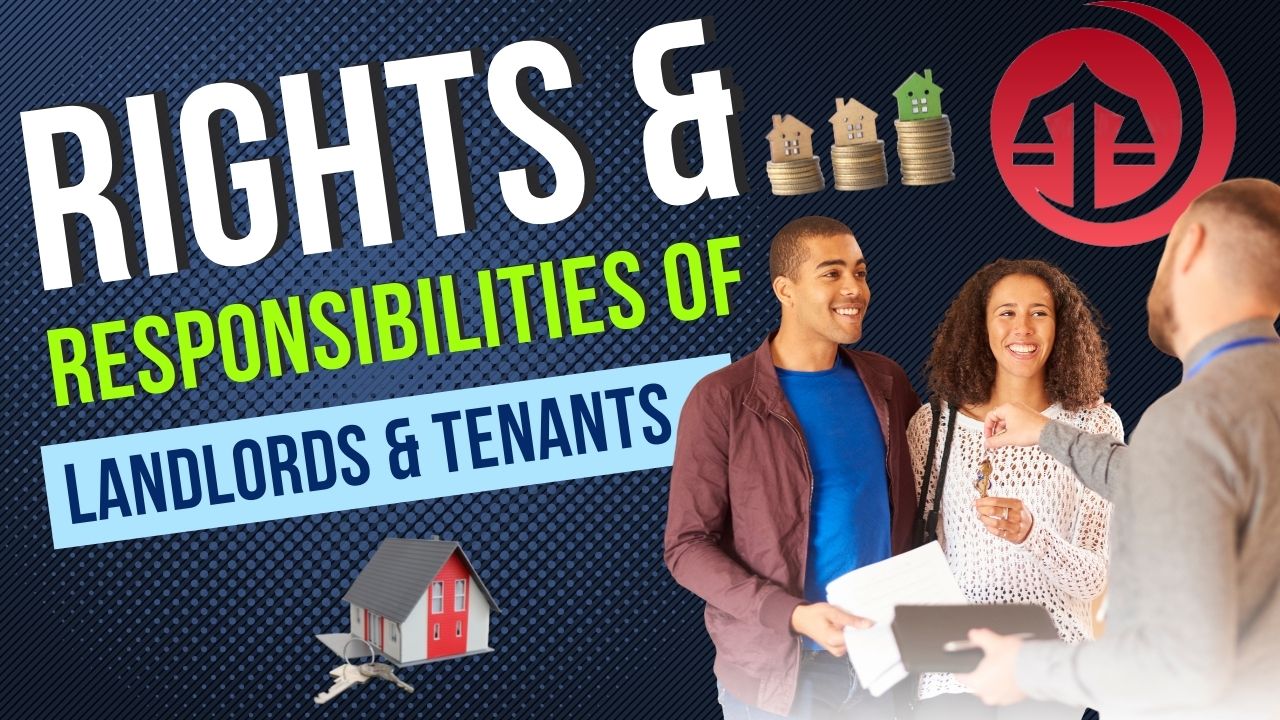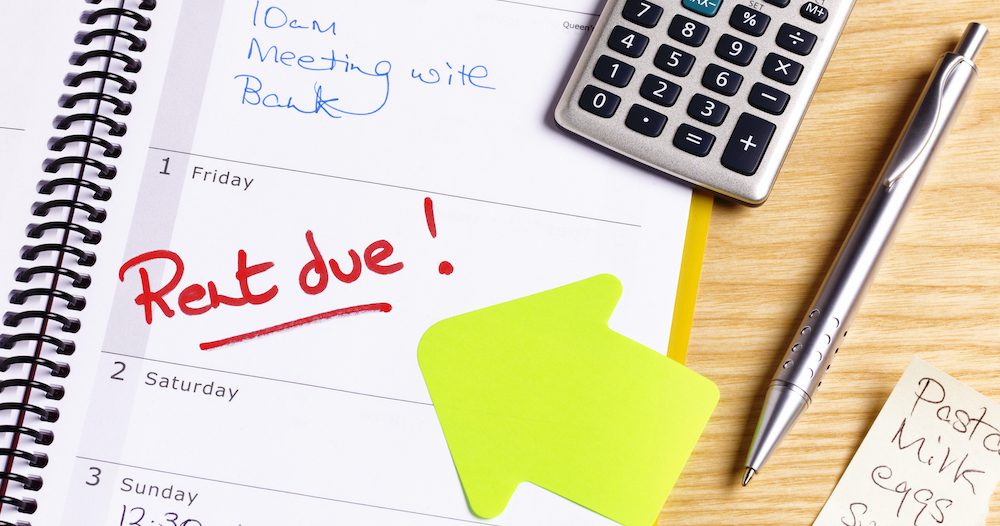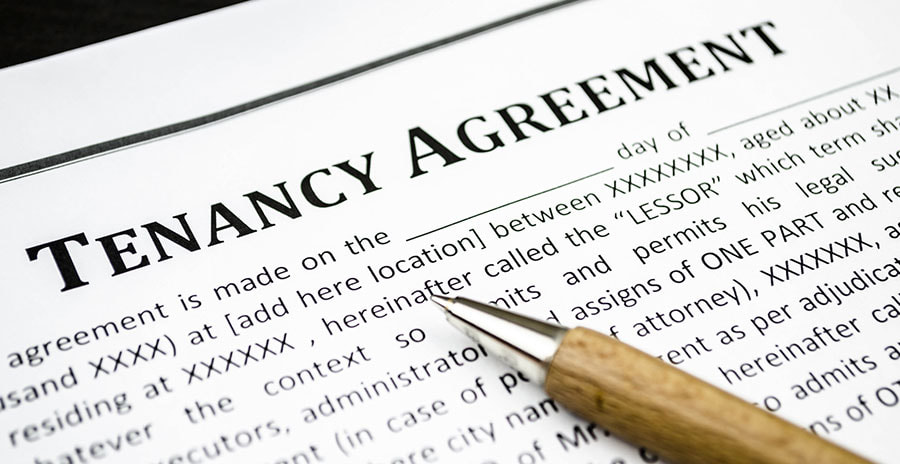|
The term landlord refers to a person who owns property and allows another person to use it for a fee. The person using the property is called a tenant. The agreement between a landlord and a tenant is called a lease or tenancy agreement. Each party to this agreement have certain rights and responsibilities which are called covenants. Here are the most important covenants of a landlord and a tenant:
THE LANDLORD'S COVENANTS:
Covenants may be expressed (those included in your lease agreement) or may be implied (those created or imposed by statute or case law). On the landlord's part, there are three main implied covenants:
1. The Landlord must provide quiet enjoyment of the property.
When a tenancy agreement is made the Landlord provides an undertaking that the tenant will peaceably hold and enjoy the demised (rented) premises without interruption by the landlord or persons claiming through or under him. This means the landlord must not substantially or physically interfere with the tenant's enjoyment of the property. The tenant has exclusive possession of the premises; that is, the right to use the premises to the exclusion of all others, including the landlord himself. Examples of a violation of this covenant would be if the landlord enters the premises without prior notice or constantly shows up unannounced. 2. The Landlord must not do anything that would make the property less fit for the purpose it was leased for. Where a lease is made for a particular purpose, the landlord cannot do any act to interfere with the tenant's use of the premises. Additionally, where the landlord is the owner of the adjoining land he is under an obligation not to use the adjoining land retained by him in a way that would make the leased premises unfit or materially less fit for the purpose that it was rented. For example, if a landlord has rented premises to a tenant so that the tenant can use it in his business as a timber merchant, the landlord cannot put up a structure on the adjoining land that would obstruct the access of air to sheds used for drying timbers in the rented premises. 3. The Landlord must ensure that the property is fit for human habitation. According to section 3 of the Letting of Houses (Implied Terms) Act, Chapter 27, No. 8 (T&T) the landlord has an obligation at the start of the tenancy and during the tenancy, to ensure that the property is fit for human habitation. It states: ‘... in any contract for letting any house for human habitation there shall, notwithstanding any stipulation to the contrary, be implied a condition that the house is, at the commencement of the tenancy, and an undertaking that the house will be kept by the landlord during the tenancy, in repair and in all respects reasonably fit for human habitation.’ Fit for habitation means being fit for humans to live in. In determining whether a property is fit for humans to live, the following factors are considered: its state of repair, stability, freedom from damp, natural lighting, ventilation, water supply, drainage and sanitary conveniences, facilities for storage, preparation and cooking of food and for disposal of waste water. A property would be deemed to be unfit for human habitation if it is defective in one or more of these factors. THE TENANT'S COVENANTS On the tenant's part, there are three main implied covenants:
1. Tenants must pay rent.
Rent is the amount of money (or money's worth) to be paid to the landlord by the tenant as compensation for the tenant’s use of the rented premises. If the parties have not agreed between themselves when rent is to be paid, rent is due at the end of a period in a tenancy). If a tenant fails to pay rent that is owed, the landlord may be able to end the lease (if this is provided for in the lease) and re-enter the premises. Before re-entering the premises the landlord must first make a formal demand for the outstanding rent unless this requirement for the formal demand for rent is dispensed with by agreement between the parties. This will usually be evidenced by use of the words, 'whether formally demanded or not' in the tenancy agreement. A landlord can also seize goods found on the premises to compel the tenant to pay the rent owed. The goods seized can also be sold by the landlord to recover the rent owed. However, the landlord must follow certain rules in regard to the seizure of goods including giving notice of the seizure to the tenant. 2. Tenants must use the premises in a 'tenant-like' manner. This means that the tenant must take care of the premises. This means that the tenant should do things such as clean the windows when necessary; change a bulb when it blows, or unstop the sink when it is blocked by his waste. In short, he must do the little jobs that a reasonable tenant would do. However, under this covenant, the tenant is not responsible for repairing major problems in the property. 3. Tenants must not commit waste. This means that the tenant is not to destroy or alter the property. If a tenant does something to the property and damage results, he may be made to pay the cost to repair the damage done. For example, if a tenant puts up fixtures, and by removing them he damaged the premises (by leaving a number of holes in the walls), the tenant is liable for damages for the cost of repairing the holes in the walls.
There are also some important expressed covenants for the tenant which may be included in the tenancy agreement. Only when these are included in the tenancy agreement do they apply:
4. Tenants may not be able to use the property in certain ways. A tenant has the right to use the demised premises for any purpose once the purpose is not unlawful, does not create a nuisance and does not amount to waste. However, a covenant can be included in the tenancy agreement that restricts the way the premises can be used. For example, a covenant in the agreement may state that the premises cannot be used to carry on a trade or that the premises can only be used as a private dwelling house. In this case, the tenant cannot conduct any business in the premises and can only use it as a private residence. If a tenant breaches this covenant the landlord may be able to end the lease (if this is provided for in the lease) or initiate court proceedings and get an injunction to stop the tenant from using the premises in the prohibited manner and/or get damages (money) from the tenant for the breach. 5. Tenants may not be able to assign and sublet the property. Where no such covenant exists in a lease, a tenant is free to assign, sublet or otherwise part with possession of the demised premises. A covenant in this regard may be: (1) absolute or (2) qualified The absolute covenant prohibits any parting with possession of the demised premises in any circumstances. The qualified covenant prohibits the tenant's parting with possession of the premises without first obtaining the consent of the landlord. If a tenant breaches this covenant the landlord may be able to end the lease (if this is provided for in the lease). This is known as a right of forfeiture. The Landlord can also initiate court proceedings and get damages (money) from the tenant for the breach. 6. Tenants may have to keep the property in good repair. In addition to the implied obligation to use the demised premises in a tenant-like manner, that is, to take proper care of the premises, a tenancy agreement may include an express covenant to keep the property in good repair. What is considered "good repair" is the condition in which the premises would be maintained by a reasonably minded owner. Additionally, the locality, character and age of the premises at the time of the lease must also be borne in mind in ascertaining a reasonable standard of repair. If this express covenant is included in the tenancy agreement it means that the tenant is required to make such repairs to the property at his or her expense. If at the start of the lease the demised premises is in a state of disrepair, a covenant by a tenant to “keep” the premises in repair requires him to put it into the required state at his expense. Sometimes tenants may have a limit to their duty to repair the property where the express covenant to repair is limited by the tenant not being liable for "fair wear and tear." If fair wear and tear is excepted, the tenant does not have to fix any:
For example, if due to some wind, a slate falls from the roof and as a consequence the roof is now likely to leak, the tenant is not required to replace the slate but he should inform the landlord of the urgency of the need to repair so as to stop further damage. If the tenant fails to inform the landlord and the hole in the ceiling causes further water damage, the tenant will be responsible for fixing the resulting damage. If the tenant breaches this covenant the landlord can initiate court proceedings to get damages (money) from the tenant for the cost of the repair or get specific performance ordering the tenant to do the required repairs on the premises. However, specific performance is not granted very often and the tenant must be aware of exactly what works need to be done and an agreement for supervision of works should be in place. The remedy of specific performance will not be granted if there is an adequate alternative remedy.
Important Notice: This post does not constitute legal advice. Always consult with an attorney on any legal problem or issue.
This website is managed by AURORA Chambers; a law practice in Trinidad and Tobago. Click HERE to receive updates straight to your inbox by subscribing to our newsletter.
2 Comments
Anthony Robertson
19/9/2023 09:10:47 pm
Good day,
Reply
Lorna Caesar
4/2/2024 06:09:45 pm
can a land owner use t&tec meters to determine land rent or should they use the square footage of the land?
Reply
Leave a Reply. |
Categories
All
Archives
June 2024
|
LawForAllTT.com |
|







 RSS Feed
RSS Feed